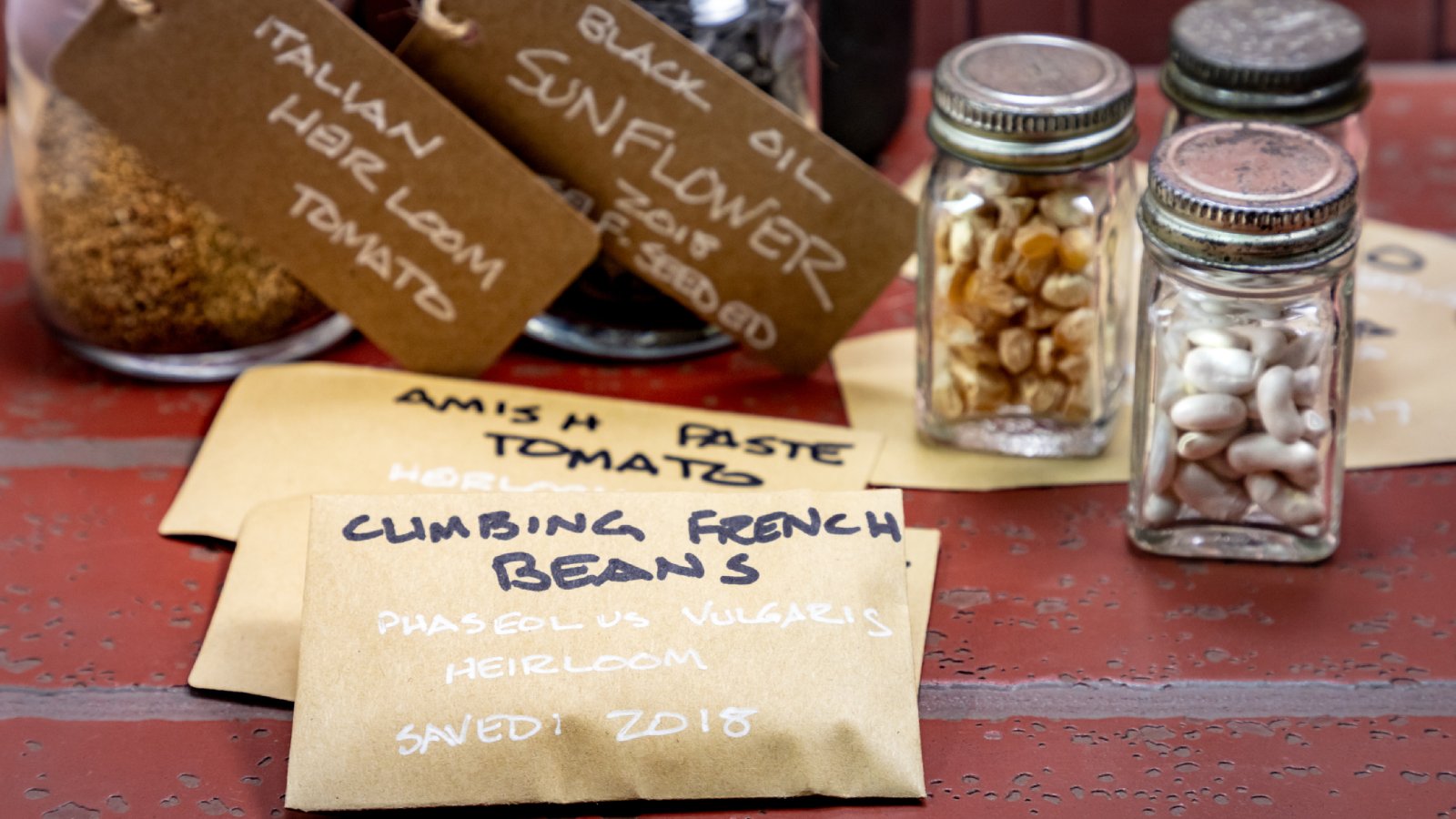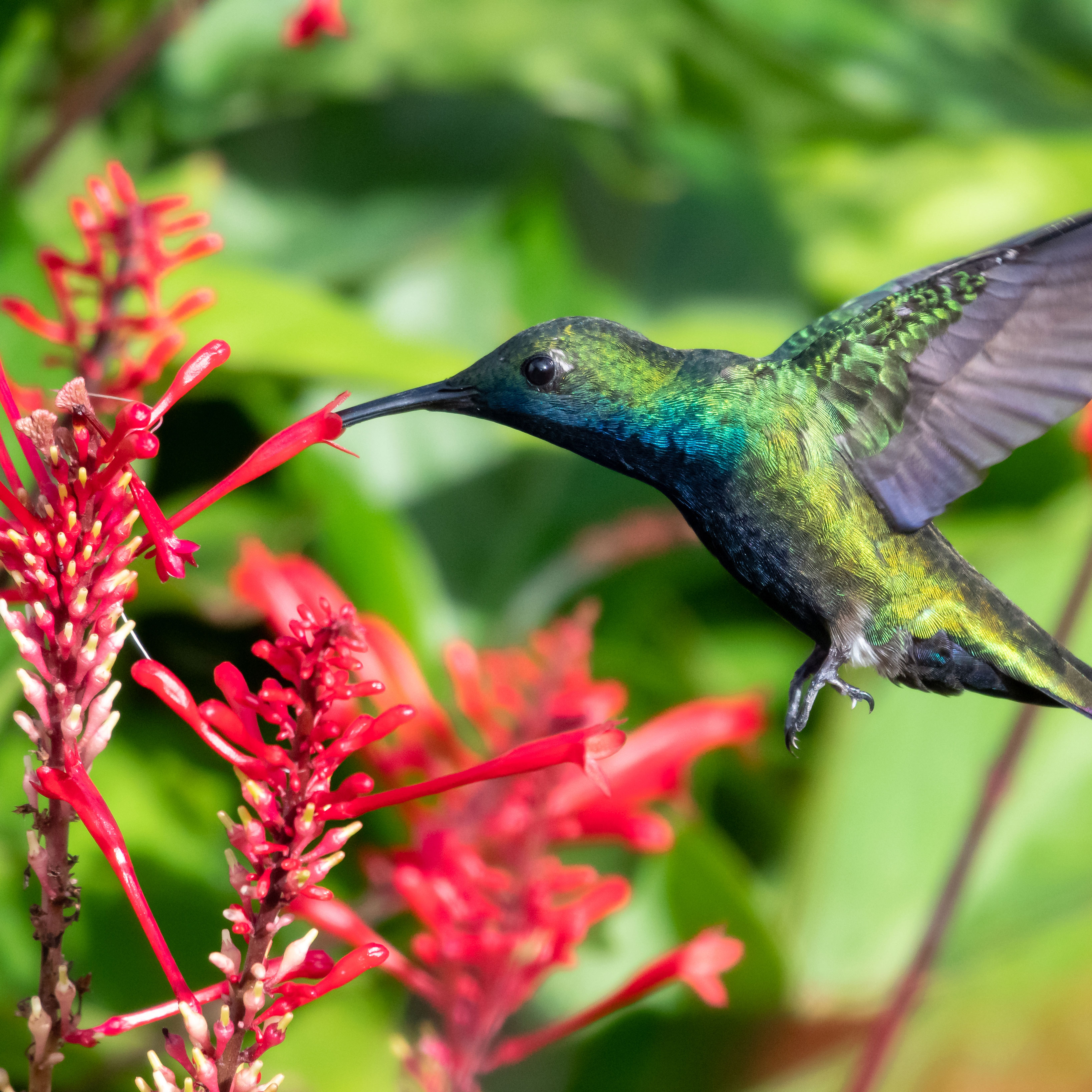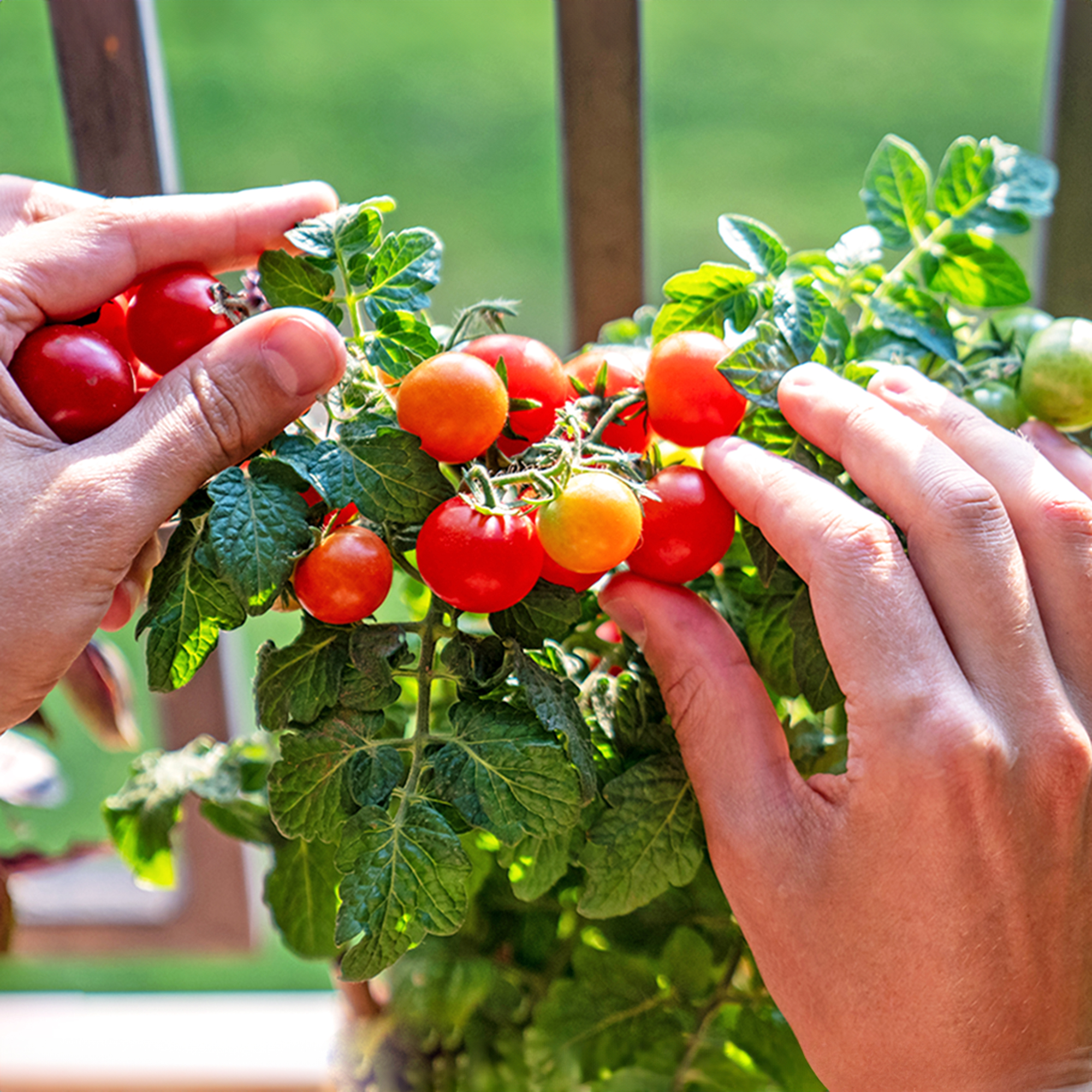How Long Do Seeds Last? Plus, Tips To Extend Their Shelf Life
Your garden is all planted and you have leftover seeds... what now? How you store them is the key to their longevity.

Seeds are living organisms and as such they have a finite life span, so exactly how long do seeds last? How long seeds last depends on the type of seed as well as how the seed has been stored. Saved seeds can be stored in a variety of ways and of course, purchased seed comes in packets. Keep reading to learn how long purchased seeds last in packets or other storage methods and how to make seeds last longer.
Do Seeds Expire?
Do seeds go bad? Yes, as mentioned above, seeds are alive and all living things have an expiration date. When they go bad varies and is dependent on how the seed is stored and what type of seed is being stored.
How Long Do Seeds Last?
If you purchase seeds, they will likely come in some type of packet. At the end of the gardening season, many people have seeds left over. Don’t throw them away. Many seeds, when properly stored, can last up to 10 years or even longer! That said, the longer seeds are stored the more reduced their viability becomes, so seeds that are stored for long periods of time may not germinate well.
Most seeds stay viable for a year but many last longer.
- These seeds are generally only usable for a year:
- Onions, parsnips, parsley, salsify and spinach.
- These will remain viable for 2 years:
- Corn, pepper, okra, leek, bean, and peas
- These should be usable for 3 years:
- Celery, celeriac, asparagus, turnip and rutabaga remain usable for 3 years.
- These seeds are viable for about 4 years:
- Mustard, pumpkin, chicory, sorrel, eggplant, squash, tomato, turnip, fennel and kale seeds.
- These should keep for around five years:
- Beets, muskmelon, broccoli, brussel sprout, cauliflower, Swiss chard, Chinese cabbage, collards, cucumber, watercress, kohlrabi and watermelon.
- These should remain usable for 6 years:
- Endive, radish, carrot, arugula and lettuce.
How to Make Seeds Last Longer
How the seeds are stored makes all the difference in their shelf life. Seeds should be stored in a dark, cool, dry area in a sealed container. It is of utmost importance that the seeds are completely dry before storing them.
The container you use can be almost anything, provided it can be sealed. Small containers are best for individual varieties; they can be combined in a larger sealed container. Some options might be old used envelopes, clean pill bottles or tea tins.
A great place to store them is in the refrigerator in a sealed container. If you’re worried about humidity, put a silica packet or small porous bag of dried milk in the container of seeds before sealing it.
Gardening tips, videos, info and more delivered right to your inbox!
Sign up for the Gardening Know How newsletter today and receive a free copy of our e-book "How to Grow Delicious Tomatoes".
If you are lacking room in the fridge, place your packets of labeled seed into an airtight container like a plastic “tupperware” or glass mason jar, and place it in an unheated basement or garage for storage.
Testing Seed Viability
So you’ve consulted the date on the seed packet and it looks like the seed might have neared the end of its usefulness but you’re not sure. It’s time to test the seed.
To perform a seed viability test, simply dampen some paper towels with water and then lay 5-10 seeds across the towel. Roll the towels up and fold them in on both sides to form a sort of “envelope” to keep the seeds in.
Place the "envelope” of seeds inside a sealable plastic bag and close it up. Leave the package in a warm room. There’s no need to provide sun. Many people use the top of the refrigerator as an incubator.
Check the seeds every couple of days to see if any little white roots are poking out of the seeds. Most seeds germinate within 7-10 days. If you see nothing after 2 weeks, the seeds are nonviable.
Frequently Asked Questions
Will 20 year old seeds grow?
Generally, most seeds are viable for 3-4 years and many up to 10 years when properly stored. Proper storage is key. If the seed has been kept in a dark, cool, dry area for 20 years it is possible it's still viable. There’s only one way to find out!
How do I know if my seeds are bad?
If you suspect your seeds have gone past their peak date, try testing their viability. Dampen a couple of paper towels, sprinkle some seed on the towels and then fold the entirety up like an envelope. Seal it up in a plastic bag and set it in a warm area. If the seeds are viable they should germinate in 7-10 days and you will see tiny white roots forming on the seed.
Want More About Seeds?
- Learn the Secrets of Seed Starting from our experts.
- Start those seeds right with a Stackable Seedling Tray.
- Shop Seed Starting Gifts
- Learn When to Start Seeds to get a jump on the growing season.
This article features products available from third-party vendors on the Gardening Know How Shop.

Amy Grant has been gardening for 30 years and writing for 15. A professional chef and caterer, Amy's area of expertise is culinary gardening.
-
 Terrifically Tubular Flowers For Hummingbirds: 9 Tube-Flowered Plants To Attract Hummers
Terrifically Tubular Flowers For Hummingbirds: 9 Tube-Flowered Plants To Attract HummersGrowing tubular flowers for hummingbirds helps you create the optimum feeding conditions for your winged friends. Here are nine tubed delights for hummers
By Tonya Barnett
-
 How To Grow Hydroponic Tomatoes For Fresh Indoor Harvests – No Soil Required
How To Grow Hydroponic Tomatoes For Fresh Indoor Harvests – No Soil RequiredLearning how to grow tomatoes in water is easy and allows you to harvest fresh-home-grown produce in every season without any mess.
By Ellen Wells